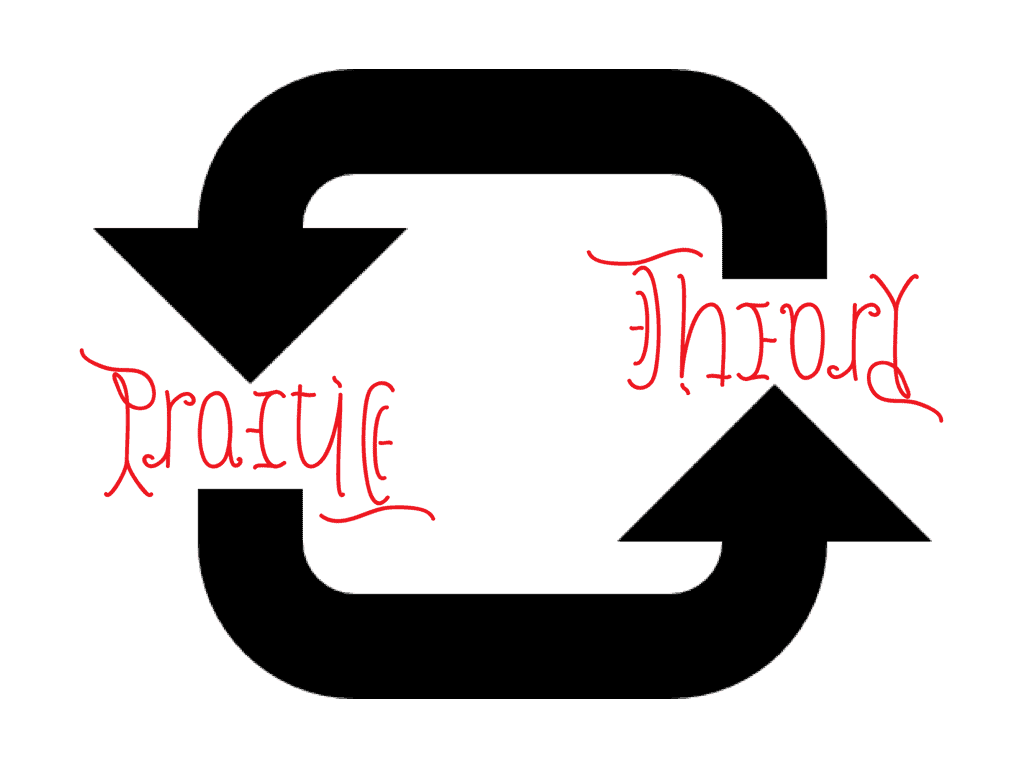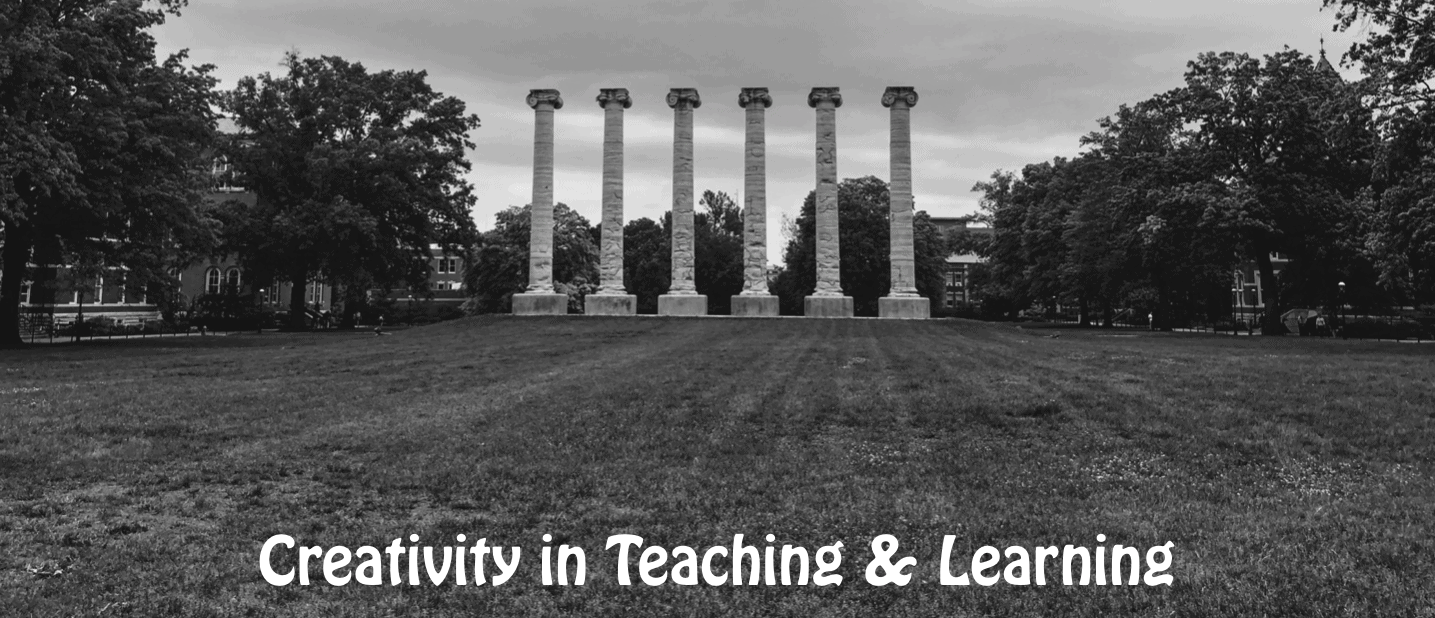I just came across this… Online System Rates Images by Aesthetic Quality
Pennsylvania State University (PSU) has launched the Aesthetic Quality
Inference Engine (ACQUINE), an online system for determining the aesthetic quality of an image. The online photo-rating system helps establish the foundation for determining how people will react emotionally to a visual image. ACQUINE delivers ratings–from zero to 100–within seconds, based on visual aspects such as color saturation, color distribution, and photo composition. PSU researchers hope to improve upon the system’s current performance level of more than 80 percent consistency between human and computer ratings. “Furthermore, aesthetics represents just one dimension of human emotion,” says PSU professor James Z. Wang. “Future systems will perhaps strive to capture other emotions that pictures arouse in people.”
Wang says that linking cameras to ACQUINE could potentially enable a photographer to instantly see how the public might perceive a photo.
Now this is the ultimate democratization of the idea of aesthetics – of course diluting the idea of the aesthetic encounter to the lowest common denominator i.e. “how the public might perceive a photo.” The assumptions behind that definition of aesthetics are mind-boggling. Let me count the ways in which this is a boneheaded idea… actually let me not, at least at this time. But the link was worth sharing nonetheless. I hope to write more about this … hopefully soon.




I’m sure part of benefit they’ll claim to this (if they haven’t already) will be like the computerized assessment of writing: It will help most who struggle with composition improve to a certain level with the computers assistance.
It could never replace true creativity, especially the kind that knows artistic conventions and breaks them in new, interesting ways. I’m also sure you could probably compose something awful that fit’s the programs parameters and thus passes the test as you usually can with the computerized writing assessment programs.